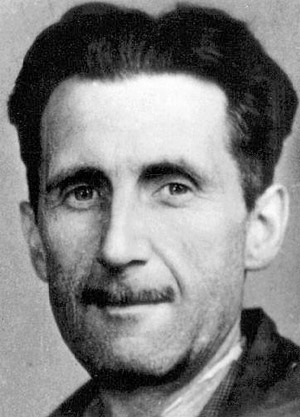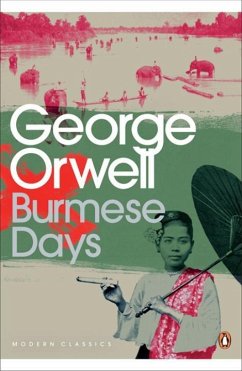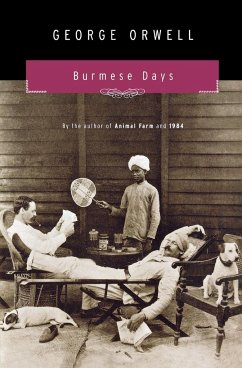
Burmese Days
With the Introductory Essay 'Why I Write'
Versandkostenfrei!
Versandfertig in 1-2 Wochen
23,99 €
inkl. MwSt.

PAYBACK Punkte
12 °P sammeln!
George Orwell's first novel, Burmese Days, examines the corrupted truth of British-occupied Myanmar from the perspective of an Indian Imperial Police Officer serving during the last days of the Empire. Influenced by the author's time spent serving in the Indian Imperial Police force between 1922 and 1927, this first novel by George Orwell illustrates the dark truths of the British Raj. This biting social commentary is set at a time when Myanmar (then known as Burma) was governed from Delhi, and explores the corruption and bigotry experienced first-hand by Orwell. Now in a new edition featuring...
George Orwell's first novel, Burmese Days, examines the corrupted truth of British-occupied Myanmar from the perspective of an Indian Imperial Police Officer serving during the last days of the Empire. Influenced by the author's time spent serving in the Indian Imperial Police force between 1922 and 1927, this first novel by George Orwell illustrates the dark truths of the British Raj. This biting social commentary is set at a time when Myanmar (then known as Burma) was governed from Delhi, and explores the corruption and bigotry experienced first-hand by Orwell. Now in a new edition featuring the introductory essay 'Why I Write', this novel was first published in 1934 and remains a fiercely influential work of political writing.













